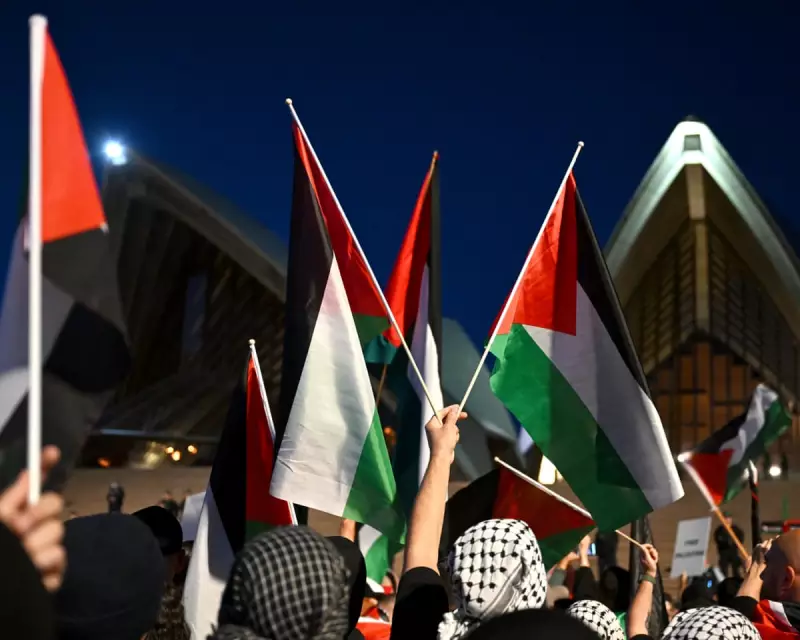
In a landmark legal challenge that could reshape Australia's foreign policy stance, pro-Palestine activists are preparing to confront the federal government in court over allegations of genocide in Gaza. The move comes after organisers planned a major demonstration at Sydney's iconic Opera House, aiming to force official recognition of Israel's military actions as constituting genocide under international law.
Legal Battle Over International Obligations
The activist group, known as the Coalition for Palestine, has filed documents with the Federal Court seeking judicial review of the government's position. Their case centres on Australia's obligations under the 1948 Genocide Convention, which requires signatory nations to prevent and punish acts of genocide.
"The Australian government has a legal duty to act when faced with evidence of genocide," a spokesperson for the coalition stated. "Their continued refusal to acknowledge what's happening in Gaza makes them complicit in these atrocities."
Opera House Protest Plans Revealed
Court documents have revealed detailed plans for what organisers described as a "peaceful but powerful" demonstration at the Sydney Opera House. The planned protest was intended to mirror similar actions at cultural institutions worldwide, using high-profile landmarks to draw attention to the humanitarian crisis in Gaza.
The Opera House, with its distinctive sail-like structure, has become a recurring flashpoint in Australia's debate over the Israel-Palestine conflict. Previous demonstrations at the site have drawn thousands of participants and sparked intense political debate about protest rights and public space usage.
Government's Strained Position
The legal challenge places the Australian government in a delicate diplomatic position. While expressing concern about civilian casualties in Gaza, officials have stopped short of using the term "genocide," instead calling for international law to be respected by all parties.
Legal experts suggest the case represents a significant test of how domestic courts engage with international humanitarian law. "This isn't just about protest rights—it's about whether national courts can compel governments to fulfil their international legal obligations," explained Professor Sarah Chen, an international law specialist at the University of Sydney.
Growing Momentum for Accountability
The Australian case joins similar legal efforts underway in several countries, including the United States, United Kingdom, and Germany. Activists worldwide are increasingly turning to national courts to challenge their governments' positions on the Gaza conflict, particularly following the International Court of Justice's preliminary rulings in South Africa's case against Israel.
With hearing dates expected to be set in the coming weeks, the Federal Court case promises to reignite Australia's debate over its Middle East policy and the proper role of judicial intervention in foreign affairs.





